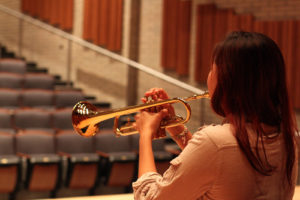It’s my birthday! Here’s your present:
My goal was to get this piece up to 1,000 views by my birthday this year, and it’s happened! And you know what pushed it over the top? Reddit. I probably don’t want to know what it says about me or my content, but whenever I post something there, it always gets a lot of traction.
While we’re on the subject, here’s a few of my other videos that have gotten over a thousand views:
1. This bit of sweetness
2. This bit of holiness
3. This piece of filth (honestly, why are so many people watching this??)
4. and OF COURSE the video that has gotten the most views in the shortest time possible:
Is it pathetic that I’m celebrating what, by YouTube standards, are pretty low numbers? Probably. But I’m really proud of the symphony getting so many views/listens. I mean, it’s 37-minutes long, purely instrumental, and written just last year. I’m not sure how many other new symphonies are out there on YouTube, but I’m really happy that so many people have given it a shot. Do I really think everyone out there has listened through the whole thing? Sure, but I’m delusional.
If you’re one of the 1000 people who have listened to it already, why not listen again? I bet you’ll find more in it this time. And if you haven’t listened to it, why not give it a try? I promise there’s something in it that you’ll enjoy. And even if there isn’t, I still rack up the views! Maybe I’ll even get to 10,000 this time next year…



